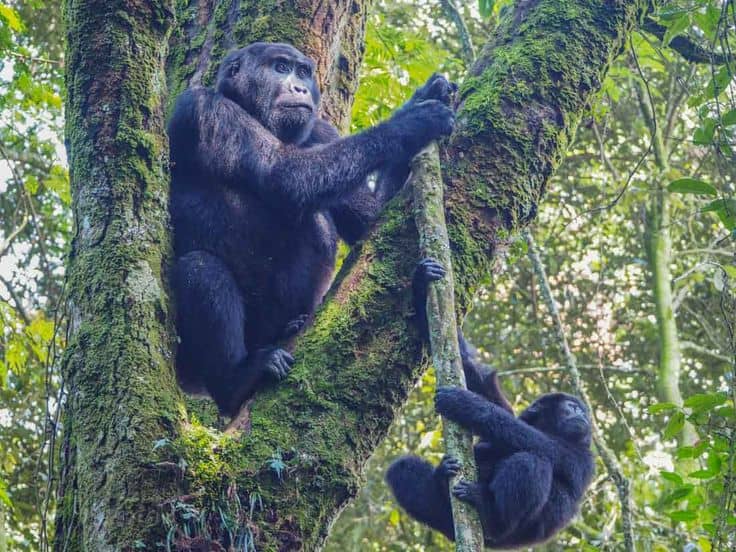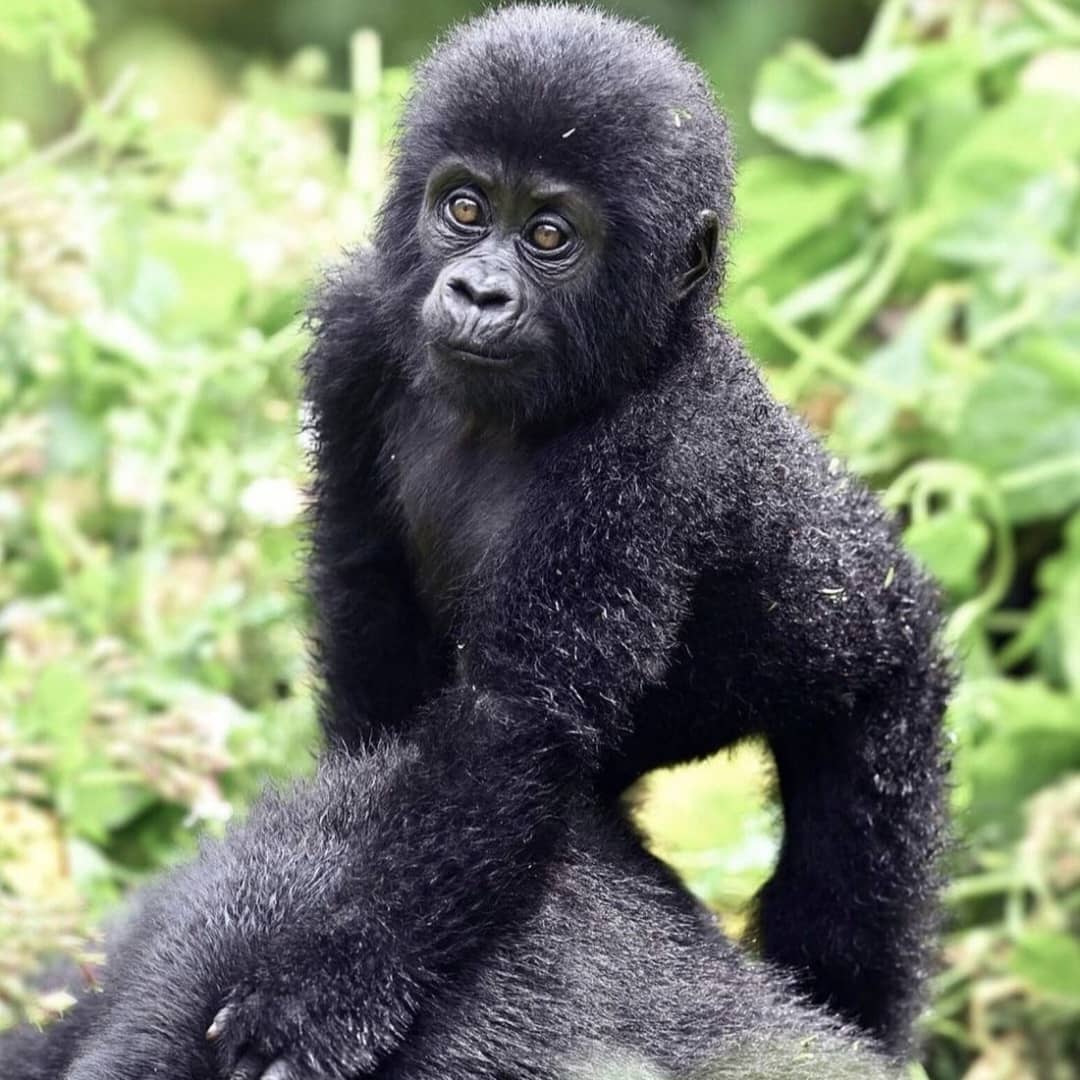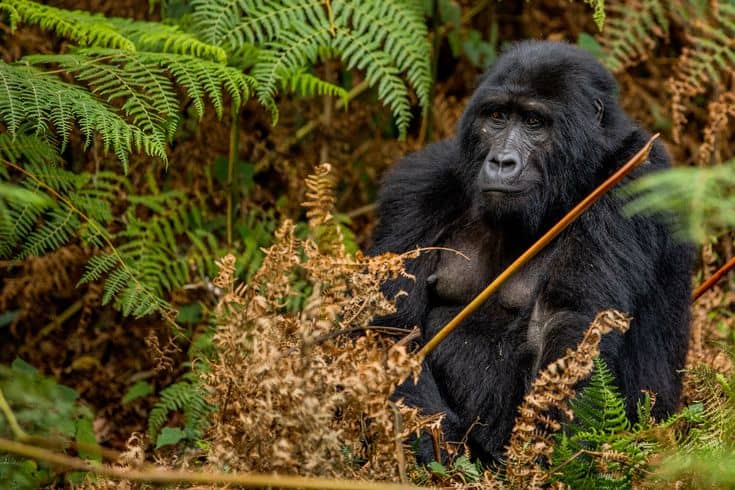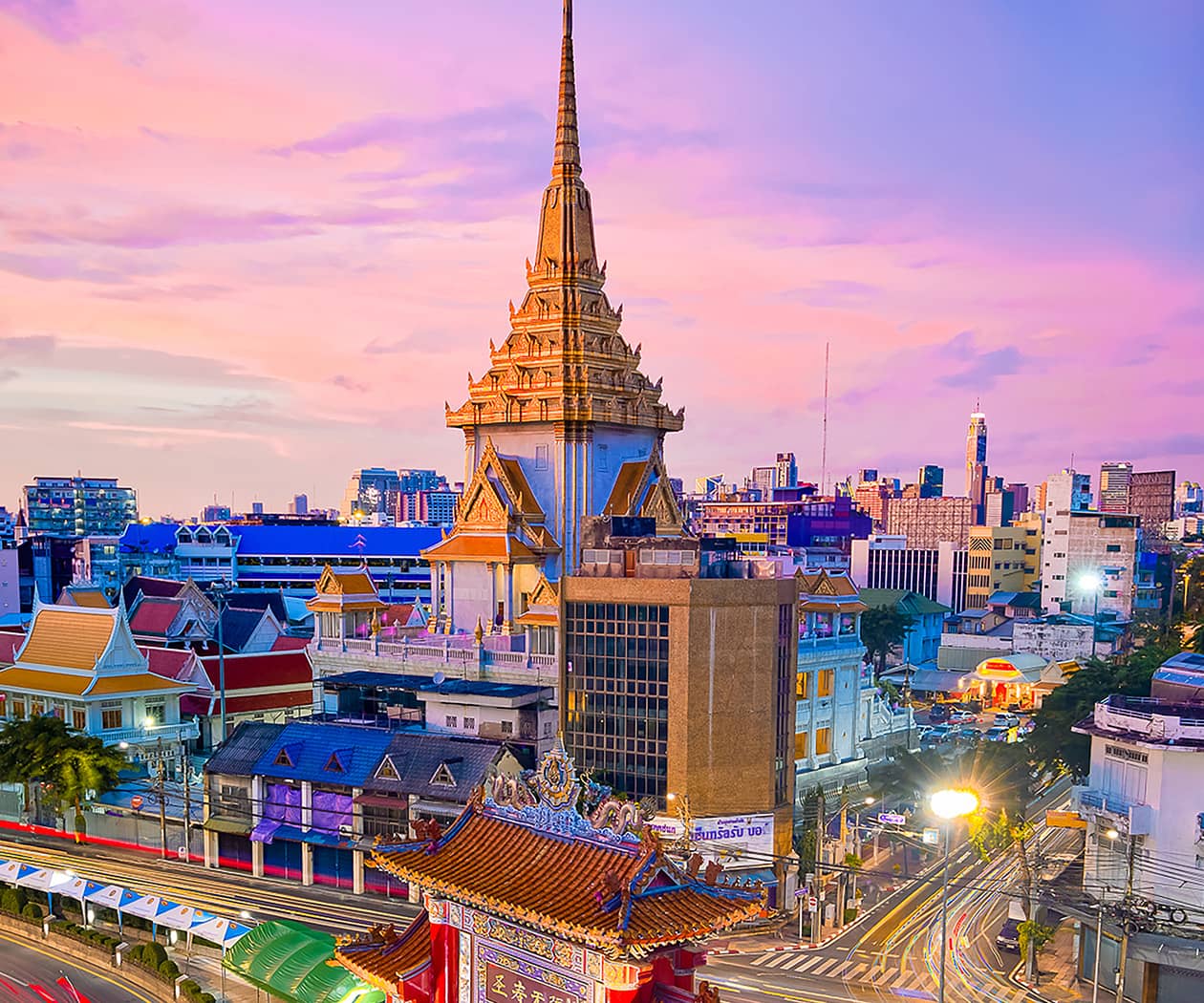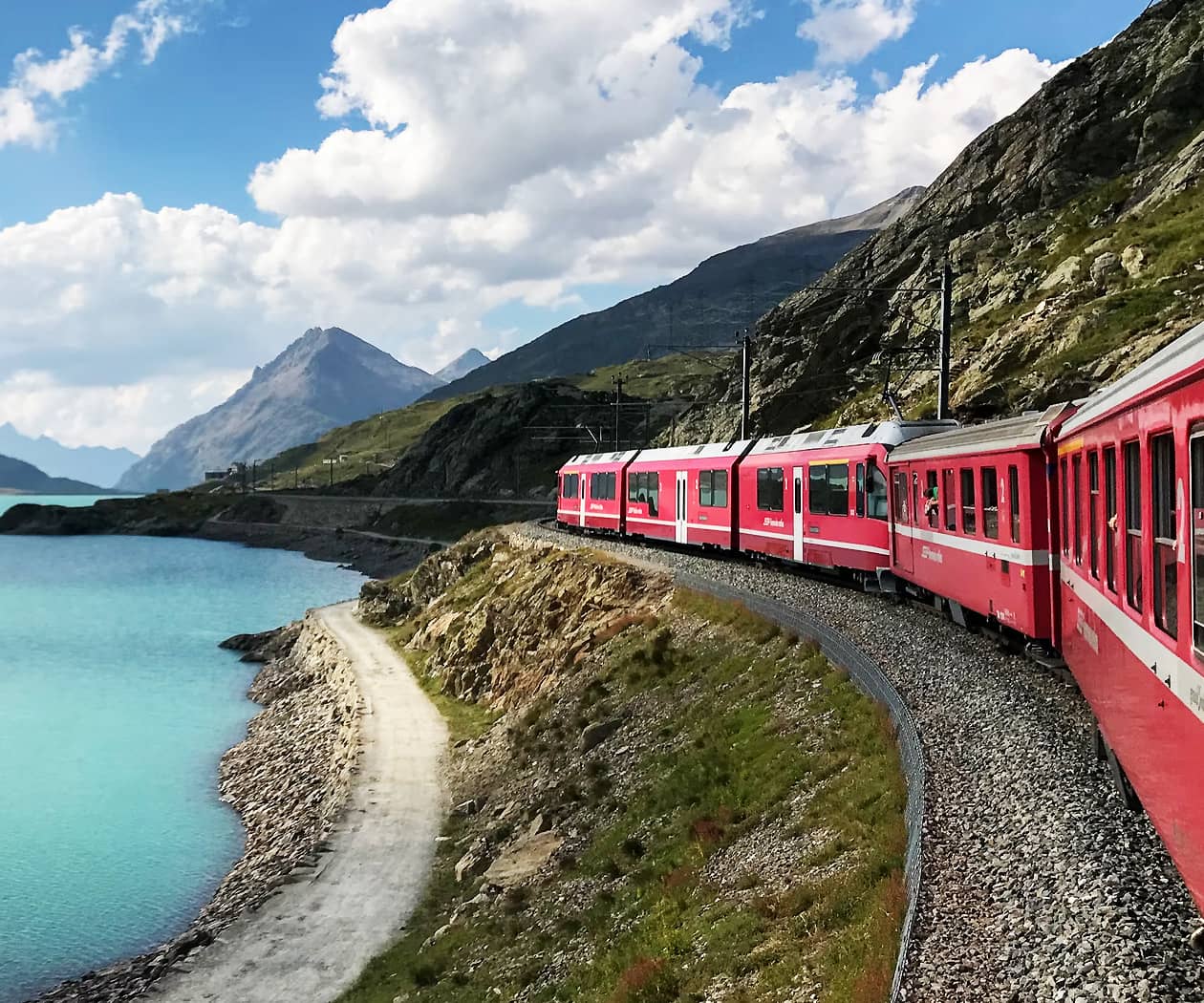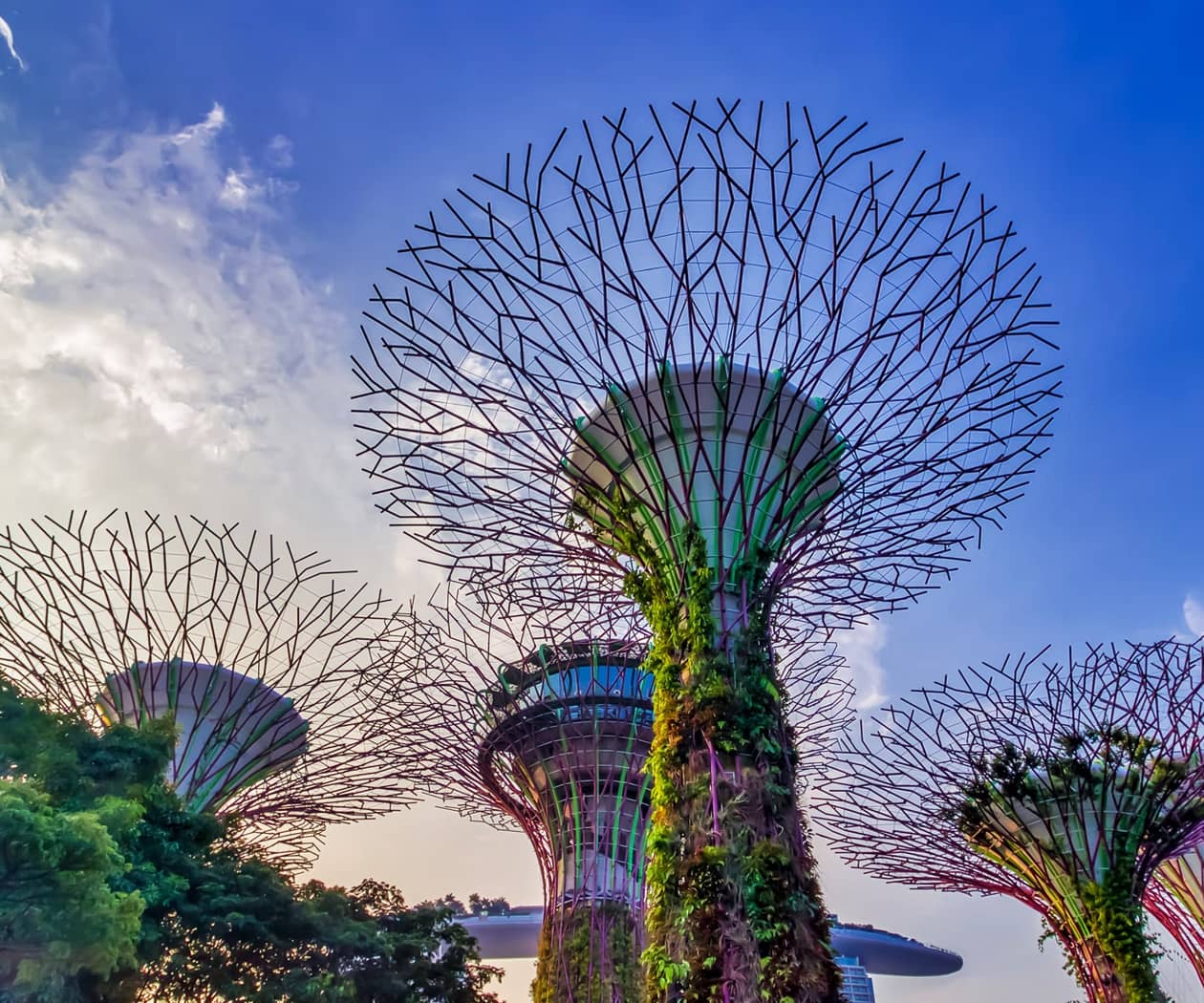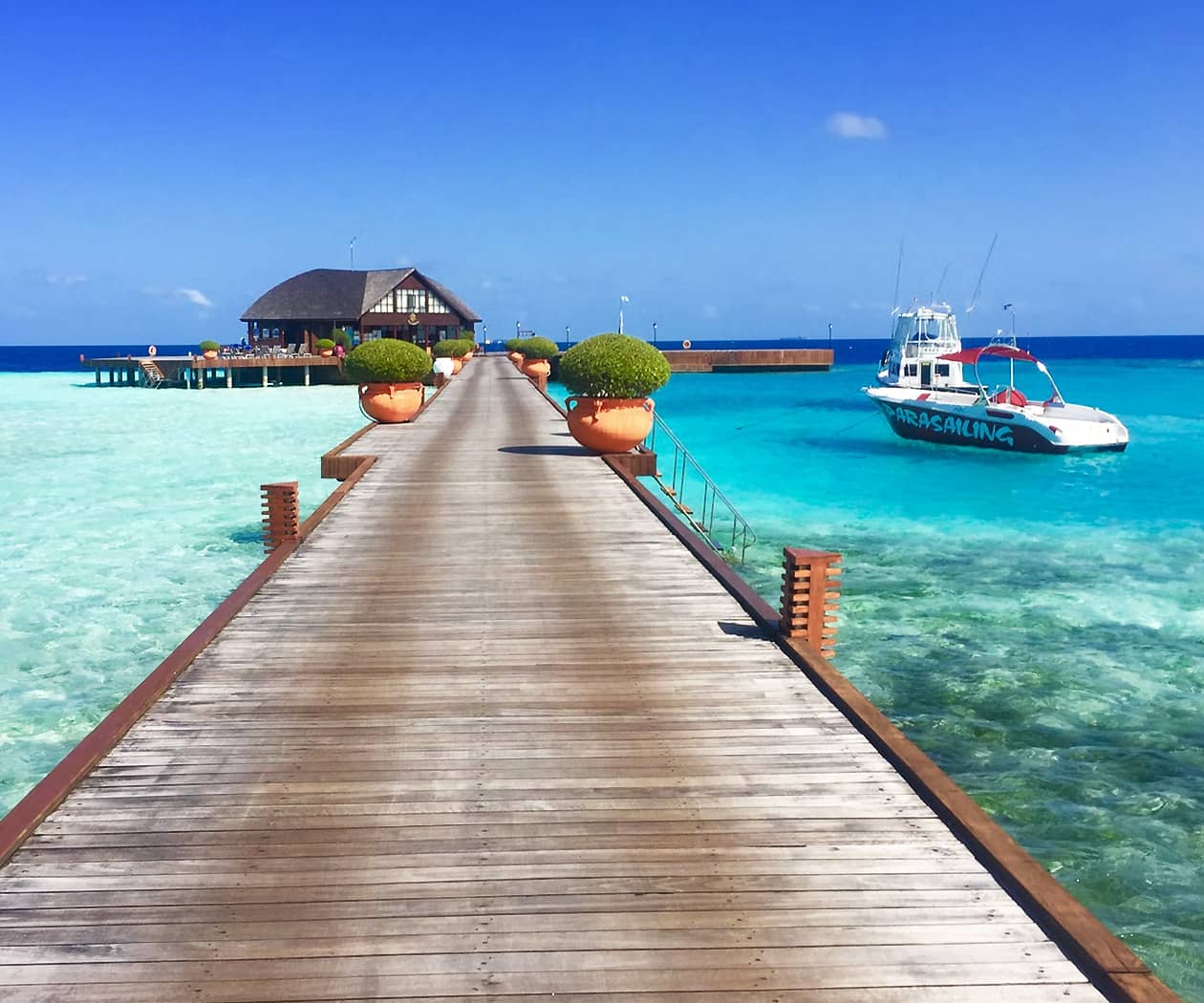5 Things You Didn’t Know About Gorilla Trekking
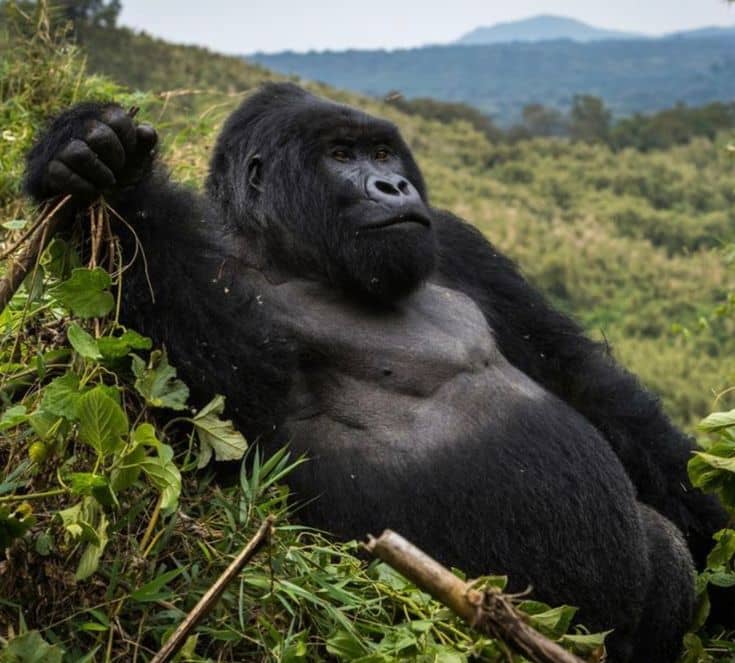
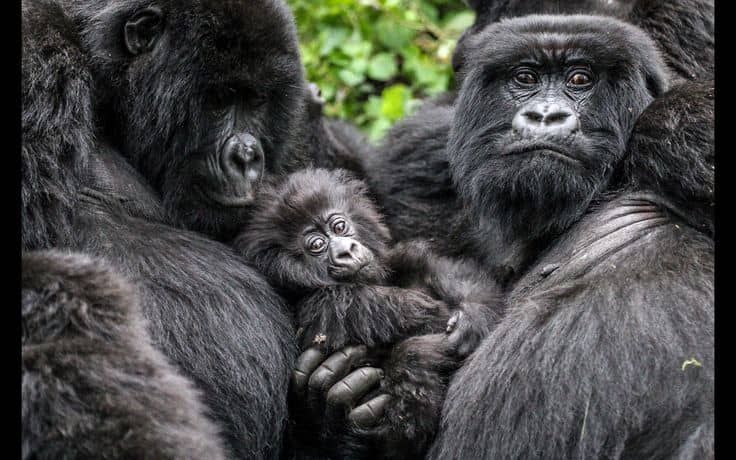
Gorilla trekking in Uganda ranks among the world’s most extraordinary wildlife experiences, but beyond the obvious thrill of meeting mountain gorillas face-to-face, there’s much more to this adventure than meets the eye. Here are 5 things you didn’t know about gorilla trekking that will make you appreciate this bucket-list experience even more.
1. Gorillas Have Unique Nose Prints (Like Human Fingerprints)
While you might expect gorillas to look similar at first glance, each has completely unique nose wrinkles that researchers use for identification. This is one of the most fascinating things you didn’t know about gorilla trekking:
-
Researchers maintain detailed databases of nose prints
-
Trackers can identify individuals from these patterns
-
Your guides may point out distinctive nose features during your trek
Pro Tip: Ask your guide to help you notice these differences when observing the gorilla family – it makes the experience more personal!
2. Trekking Paths Change Daily Based on Gorilla Movement
Many first-time trekkers don’t realize that:
There are no fixed trails to the gorillas
Trackers locate the groups fresh each morning
Your hike could last 30 minutes or 6+ hours
This is because gorillas build new nests nightly and may roam several kilometers. Rangers begin tracking at dawn via:
-
Fresh nests
-
Broken vegetation
-
Footprints
-
Droppings
3. Silverbacks Can Eat Up to 40 Pounds of Vegetation Daily
Among the most surprising things you didn’t know about gorilla trekking is what’s on the menu for these gentle giants:
-
200+ plant species in their diet
-
Favorite foods include wild celery, bamboo, and fruit
-
They spend about 30% of their day eating
-
An adult male consumes 18-40 lbs daily
You’ll likely see them foraging during your visit – listen for the distinctive crunching sounds!
4. Uganda Offers a Special Gorilla Habituation Experience
While most visitors do the standard 1-hour gorilla trek, few know about the more immersive alternative:
Gorilla Habituation Experience (Bwindi only):
-
Spend 4 hours with researchers habituating new gorilla groups
-
Limited to just 4 visitors per day
-
More natural, less touristy interaction
-
Same physical demands as regular trekking
At $1,500 (vs $700 for standard trek), it’s pricier but unparalleled for serious wildlife enthusiasts.
5. Your Visit Directly Saved Gorillas From Extinction
The most impactful of all things you didn’t know about gorilla trekking is how tourism rescued this endangered species:
-
In the 1980s, only 250 mountain gorillas remained
-
Today, over 1,000 thrive in Uganda/Rwanda/DRC
-
Your permit fee funds:
-
Anti-poaching patrols
-
Veterinary care
-
Community projects
-
Habitat protection
-
Conservation Success: Mountain gorillas are the only great ape species whose numbers are increasing!
Bonus: Unexpected Packing Essentials
While you’ll find standard packing lists everywhere, here are 3 unusual but crucial items most blogs don’t mention:
-
Gardening Gloves
-
Protects hands from stinging plants
-
Helps when grabbing vegetation for balance
-
-
Gaiters
-
Keeps mud and ants out of your boots
-
Especially useful in rainy season
-
-
Hand Warmers
-
Mornings in Bwindi can be surprisingly chilly
-
Helps maintain dexterity for photography
-
Why These Details Matter
Understanding these 5 things you didn’t know about gorilla trekking enhances your experience by:
-
Deepening your appreciation for gorilla biology
-
Setting realistic expectations about the trek
-
Highlighting your role in conservation
-
Helping you prepare better
Ready to Experience the Magic Yourself?
Now that you know these fascinating facts, you’re even better prepared to make the most of your gorilla trekking adventure in Uganda. Remember:
Book permits 6-12 months in advance
Combine with chimpanzee tracking in Kibale Forest
Pack for all weather conditions
Choose responsible tour operators
Have questions about these gorilla trekking insights? Ask in the comments below!

